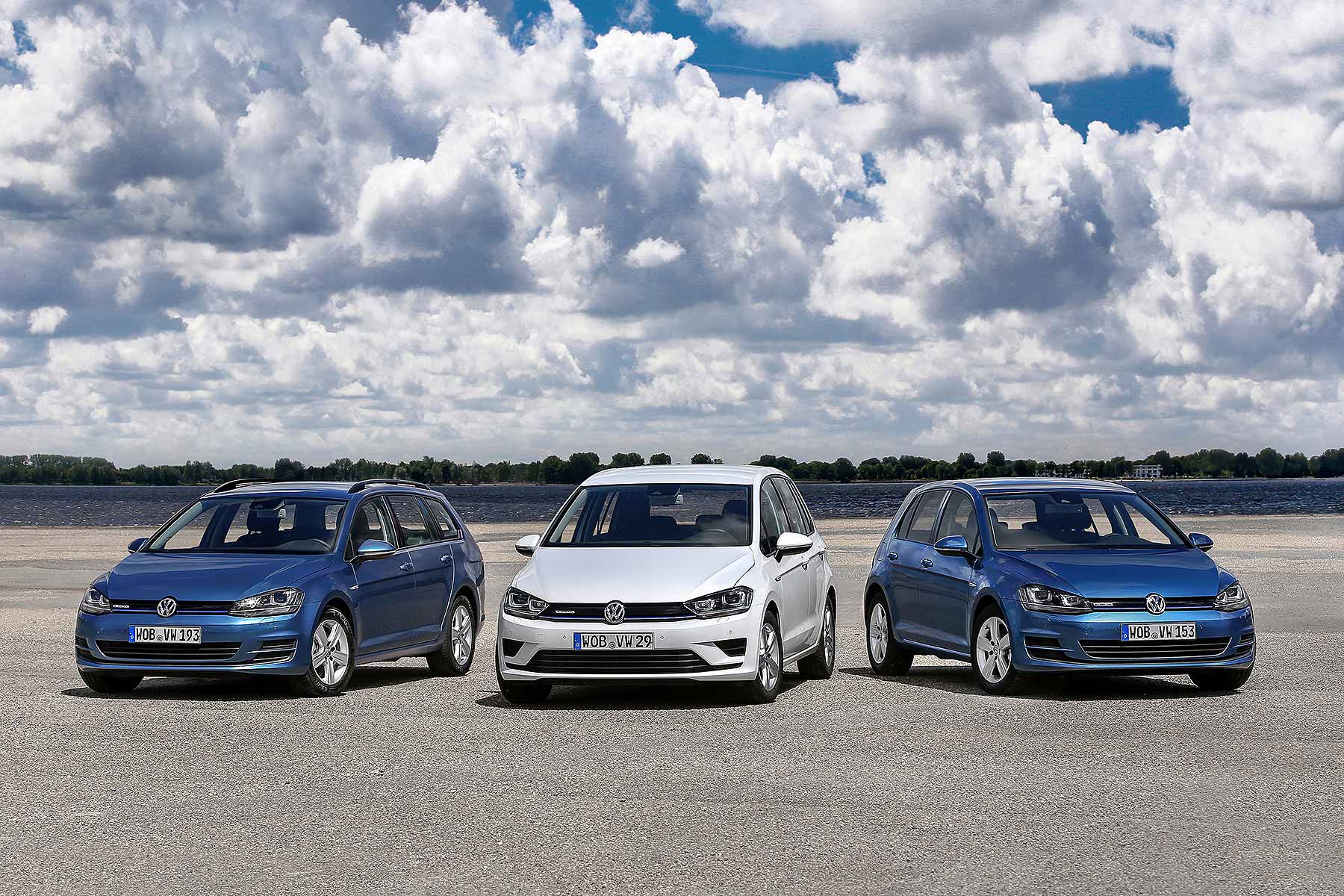 The new, ultra-green, post-dieselgate Volkswagen is to roll out a new eco initiative: fitting GPF petrol particulate filters to petrol-engined cars.
The new, ultra-green, post-dieselgate Volkswagen is to roll out a new eco initiative: fitting GPF petrol particulate filters to petrol-engined cars.
The GPFs – that’s gasoline particulate filter – will go on sale from 2017 and eventually be fitted to all TSI and TFSI turbo petrol engines. By 2022, that could total seven million Volkswagen Group engines a year.
- More car news on Motoring Research
- Dieselgate on Motoring Research
The first engines to get a GPF will be the Volkswagen Tiguan’s 1.4-litre TFSI and the new Audi A5 Coupe’s 2.0-litre TFSI. Other variants will follow as cars and engines are renewed.
Of course, goes the common assumption, petrol engines don’t need particulate filters. That’s technology only those dirty diesels require .
But Volkswagen is on a green crusade, to put right its emissions wrongs. By fitting GPFs to TSI petrol engines, particulates can be cut from their already-low level by a further 90%.
And if you think this is going to cost it a fortune, think of the expense of fitting extensive SCR catalytic converter tech to all diesels – yet that’s what it has committed to do.
Of course, had these expensive exhaust filters been fitted to Volkswagen Group’s US-market models in the first place, the whole dieselgate scandal, and its billions of pounds of costs, could have been avoided…
The Volkswagen GPF commitment is Group-wide, too: models from Audi, Bentley, Bugatti, Lamborghini, SEAT and Skoda will all get them.